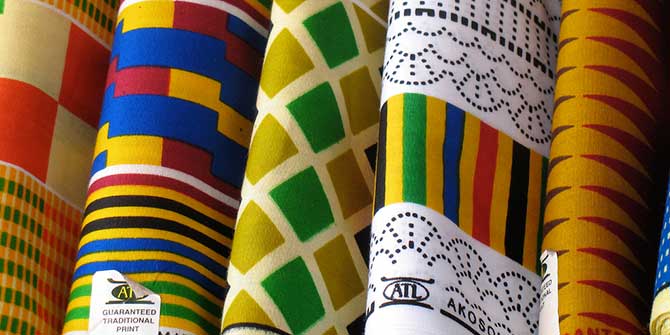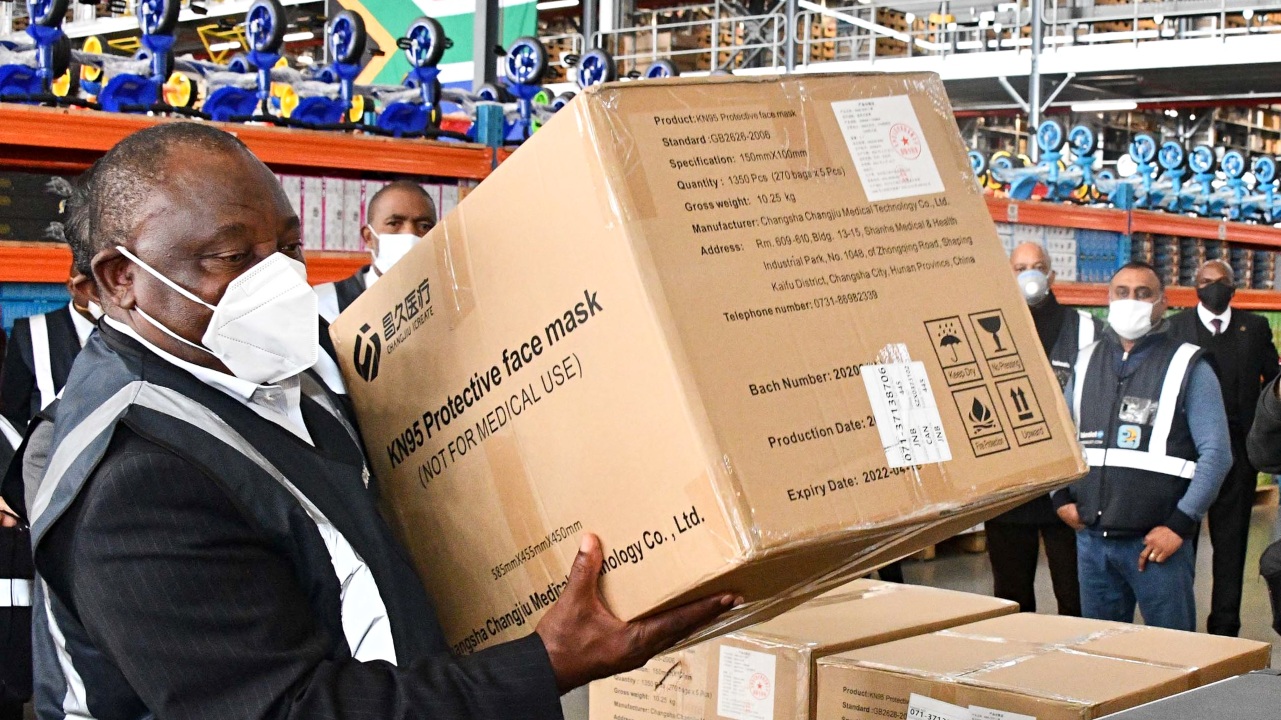Human rights, election processes and leadership values were the issues debated by participants of LSE’s Programme for African Leadership at the Houses of Parliament on Monday. Alice Mogwe of Ditshwanelo (Botswana Centre for Human Rights), Lorna Nanjia of the Domestic Election Monitoring and Observation Programme in South Sudan and Emmanuel Ngungoh, formerly of the British Council, were on the panel.
“Motho ke motho ka batho” – One is only truly a person through their relationship with other people.
The small crowd in the Houses of Parliament were treated to a lesson of a proverb in the Tswana language as Alice Mogwe opened up the session on African Leadership: Which way forward?
The Botswanan human rights activist explained that even though her education on human rights was within a western framework, it is far from a western imposition on Africa. She spoke of the principle behind the Tswana word: “botho” which has the same meaning as “ubuntu” in the Zulu/Xhosa languages, a principle about which the former South African leader, Nelson Mandela has spoken.
“The concept recognises that I am human because you are human, that my humanity is inextricably bound up with yours,” she explained.
“It includes the family taking responsibility for its elderly members, greeting others including perfect strangers. In this way, the individual and the community are linked.”
One of the biggest issues in Africa is the impunity of those who commit crimes against humanity in Africa. This issue is the raison d’être for the International Criminal Court (ICC). Thirty African states signed up to the Rome Statute which led to the ICC being established. Yet, the African Union decided that its member states would not co-operate with the ICC over the arrest of the Sudan President Omar al-Bashir, should he be in their jurisdiction.
Among their reasons, Mogwe listed the view that the ICC was a means for the West to interfere in the internal affairs of sovereign states. There was also a strong belief that the ICC should not be able to indict a sitting president and that the organisation, based in the Hague, is ignoring western involvement in war crimes such as those in Iraq and Afghanistan.
Furthermore, there is concern that the ICC is part of a broader “western strategy” to destabilise Africa and seize its resources, using the ICC focus on DR Congo and Sudan as evidence.
Although there are several examples where the AU has remained silent or hesitated to flex its muscles, it is worth remembering the organisation has just suspended Mali after the recent coup by junior officers. Similar action was taken against Madagascar and Togo in previous years, so it is not all doom and gloom.
Among the challenges in the protection of human rights in Africa, Mogwe expressed concern about the war on terror and resulting restrictive legislation that could be used to suppress political opposition and freedom of expression. She pointed to Zimbabwe where a group of people were arrested simply for discussing the Arab Spring.
Other threats are the lack of accountability and transparency, particularly in areas of aid and trade and the place of human rights mechanisms.
For Mogwe, it is pretty clear that a responsible African leader must focus on the protection of human rights. Lorna Nanjia, on the other hand, spoke passionately of the power of the people who can effect change through civic education.
Nanjia works with the Domestic Election Monitoring and Observation Programme in South Sudan and she posed a series of questions that she believes Africans must ask themselves with regards to elections and democratic processes.
In her point of view, the ultimate goal is to have free, fair, transparent and legitimate elections. But the questions that need to be asked include: “Are elections the way to go for African leadership? How much does Africa need to do to ensure democracy and democratic governments in our countries? How much do we need to do to create an open environment for fair play, for political growth and democratisation in Africa? How much do we understand elections and electoral processes?”
Nanjia also questioned whether election funding and observer missions presented real value for money. She pointed to the wealth of knowledge on the African continent and the urgency to make use of it.
“We have people like Mandela, Chissano and Mkapa (of Tanzania), but what are we learning from them and how are we utilising it?”
Finally Emmanuel Ngungoh, a former co-ordinator of the British Council’s Pan-African Leadership programme, spoke about the shared values in African Leadership.
Ngungoh expressed his concern that some values may be dying out within African leadership. This includes the sense of community and belonging which arose out of the tribal nature of African society and extended across the nation as seen in a united Tanzania under their first President, Julius Nyerere.
However, this can also work in a negative sense with the result of marginalising opposing tribe(s) and even civil war. Ngungoh pointed to Rwanda and Nigeria as examples of this phenomenon.
The qualities of vision, passion and commitment to the cause that were so obvious at independence in Nkrumah and Kenyatta are much rarer now. Although the current Tanzania President Jakaya Kikwete shows these values as did the late SPLA leader John Garang, there is a general agreement that there is a widespread lack of these among the present ruling class.
Ngungoh concluded that rare though they are, the challenge is to support leaders who do articulate the desired values and pressure those that do not.
You can follow the Programme for African Leadership on @LSEPfAL.




